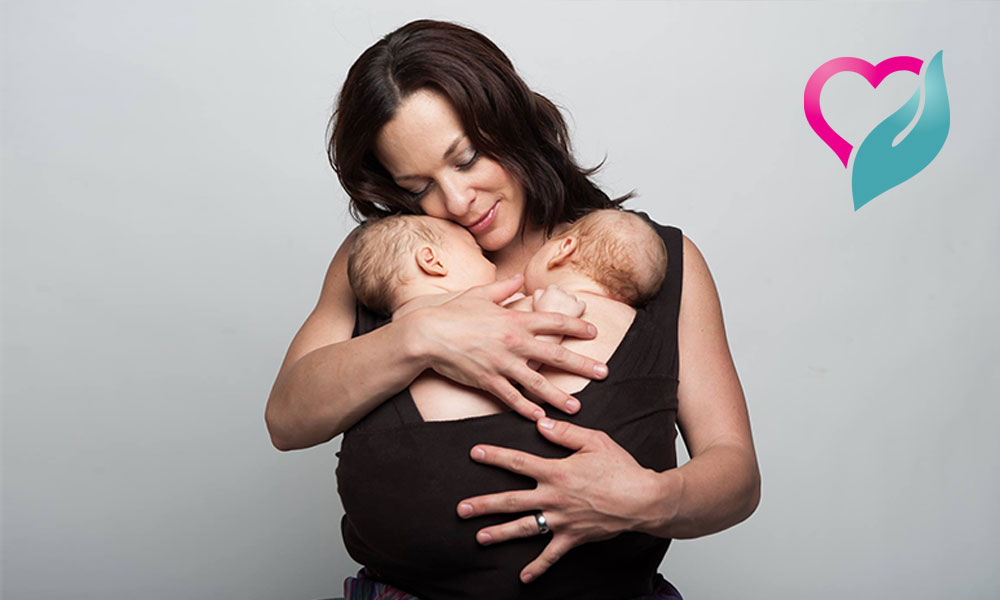Plenty of women while planning to get pregnant dream of having twins; some make it but some don’t.
[wp_ad_camp_1]
Is conceiving twins a coincidence or sheer chance? Or are there are any medical or natural ways that could assist a woman to deliver twins? Surprisingly, there are certain methods naturally and medically, though no guarantee, that can help a women conceive twins. Read on:
Foods that Increase the Chance of Conceiving Twins
Some say foods that you eat can influence your chances of having twins. Sweet potatoes or Yams are known to increase fertility in women as well as improve the ovulation process. The ethnic diet of the Yoruba tribe of Africa is Yam and Sweet Potatoes. And this diet is said to be the strong reason for the twinning rate, which is high compared to other parts of the world.
[wp_ad_camp_4]
On the same line, consuming dairy products would be good if you are aiming for twins. It is said that milk of rBGH hormone treated cows are said to increase a woman’s chance of having twins.
Hereditary
If having twins run in your family, the chances of you conceiving twins are doubled. If your mother or you are a twin, hyper-ovulation (release of multiple eggs during ovulation phase) will be higher and hence the probability of having twins also increases.
Age
Age plays a role in having twins. The older you are, the higher your chance of having twins. It is said that during the peri-menopausal period there is a surge in the estrogen level. The estrogen then stimulates the release of multiple eggs, which relatively increases the probability of having twins. Fertility research has shown that in comparison to younger women older women (above 35 years) have increased chances of conceiving fraternal or non-identical twins.
Ethnicity
Race and ethnicity also determines the increased incidence of twinning. Compared to the Asians, Hispanics, and the Latin Americans, the Africans and Europeans have a greater chance of having twins. The central African country of Benin tops the chart for twinning with a whopping 27.9 twins per 1000 births compared to Asians and Latin Americans where it is 8 per 1000 births.
Body Type (Height and Weight)
Researchers claim that height and weight determines having twins. According to the study, women who are larger and taller have more chances of having twins compared to their much smaller and thinner counterparts. A study also suggests that women with a Body Mass Index (BMI) of over 30 are likely to have twins compared to women with lesser BMI.
Multiple Pregnancies
Studies show that if you have a previous history of multiple pregnancies, your chances of having twins are increased.
Stop Birth Control Pills
Birth control pills suppress ovulation. If you stop birth control pills, ovary function normalize or rebounds, giving way to hyper-ovulation (releasing more than one egg) and thus increases the chances of having twins.
Prompt Your Partner to Eat Foods High in Zinc
Scientists say eating oysters which are high in Zinc increases libido and healthy sperm production. The healthy sperms can swim vigorously towards the eggs and fertilize more than one egg. Other foods which are high in zinc are green leafy vegetables, wheat germ, and bread.
Space it out between Pregnancies
Space it out between pregnancies to increase the probability of having twins. Successive pregnancies reduce the chances of having twins.
Positions during Intimacy
Some believe that positions during intimate play help conceive twins, but it is not proven scientifically. The doggy style, missionary position, and the rear-entry position are known to increase the chances of having twins. These positions are only helpful to increase the chances of the sperm to get to the eggs with little or no hurdle.
IVF (In Vitro Fertilization)
Undergoing IVF is said to increase the chances of having twins 20 to 40%. It mainly depends on the number of embryos placed in the uterus. A recent national data reveals that IVF resulting in twins where 29.1% (for women younger than 35 years), 26.5% (for women aged 35 to 37 years) 20.9 (for women 38 to 40 years), 13.6 (for women between 41 to 42 years) and 8.8 (for women above 43 years).
[wp_ad_camp_3]
Image courtesy: breastfeedingtoday-llli.org , parenting.com , babycenter.com , health.com , twinstuff.com ,































